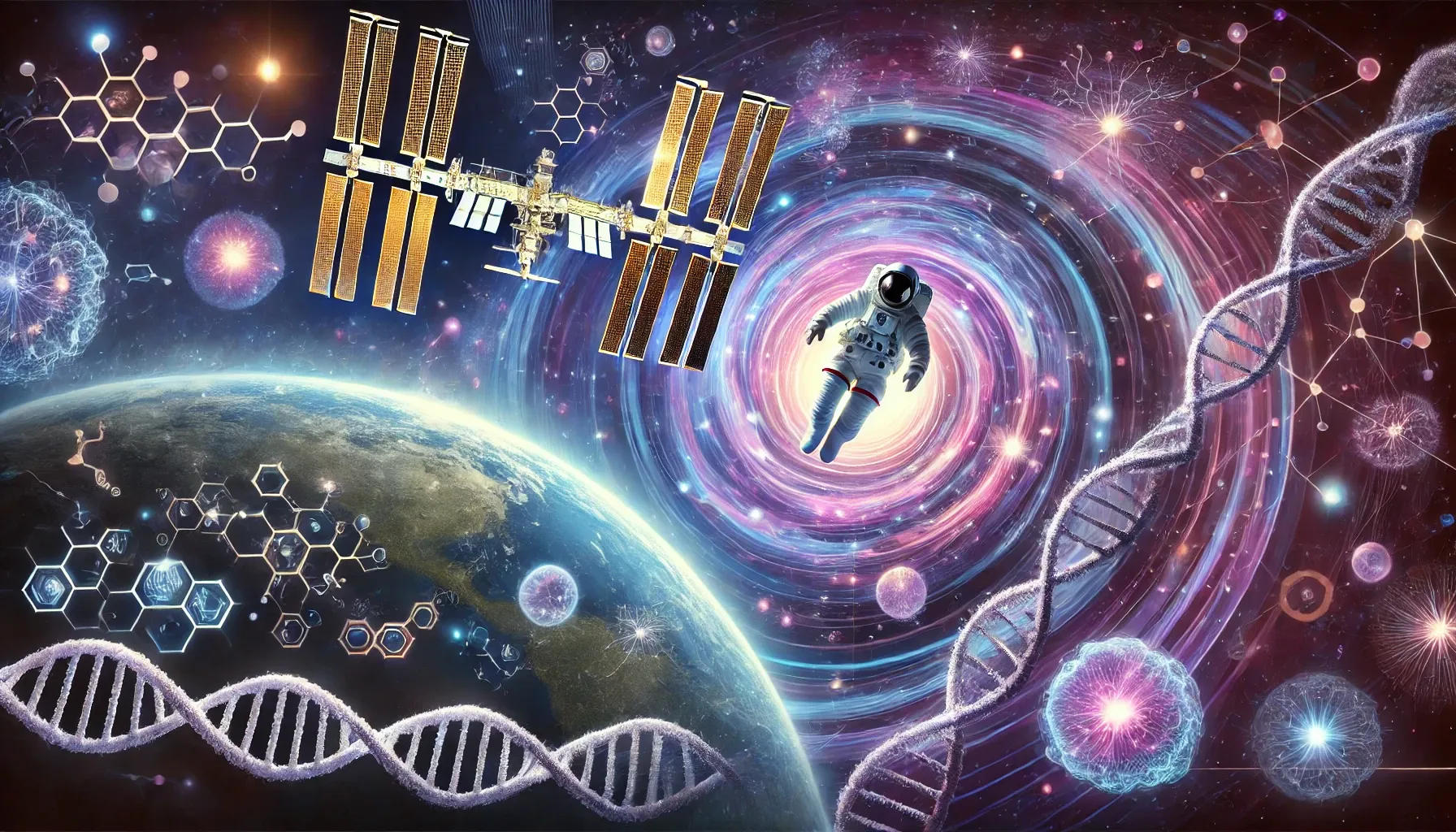Why Sunita Williams’s Unscheduled Nine-Month Space Stay May Benefit Researchers
Last Updated
19th March, 2025
Date Published
19th March, 2025
Share This Post With Someone

Context:
This analysis is derived from an article in The Indian Express (dated March 18, 2025), detailing how NASA astronauts Sunita Williams and Butch Wilmore’s unexpectedly extended stay on the International Space Station (ISS)—from June 2024 to March 18, 2025—offers unique research opportunities. Originally planned as a week-long mission aboard Boeing’s Starliner, technical issues forced their stay to stretch over nine months, making it the longest unscheduled stint in space.
- Mission Background: Williams and Wilmore launched to the ISS on June 5, 2024, via Boeing’s Starliner for its first crewed test flight, expecting an 8-day mission; however, propulsion issues (helium leaks, thruster failures) deemed Starliner unsafe for return, extending their stay.
- Extended Duration: Stranded since June 2024, they returned on March 18, 2025, aboard a SpaceX Dragon spacecraft, alongside astronauts Nick Hague and Aleksandr Gorbunov, after over nine months—far exceeding the planned duration.
- Research Opportunity: Their unplanned extension aids NASA’s study of human responses to long-duration spaceflight, critical for future lunar and Mars missions requiring extended stays beyond Earth.
- Unique Data: Unlike astronauts trained for long missions, Williams and Wilmore were unprepared for this duration, offering researchers insights into how untrained bodies adapt to microgravity, radiation, and isolation.
- Scientific Contributions: They conducted experiments on the ISS, providing data on physical and psychological impacts, enhancing knowledge for establishing permanent lunar science facilities.
- Health Insights: The extended stay allows study of bone loss, muscle degradation, and psychological resilience, key concerns for space agencies planning deep-space exploration.
- Technical Lessons: The Starliner failure highlights challenges in private spaceflight (Boeing vs. SpaceX), prompting NASA to refine safety protocols and contingency planning—valuable for India’s growing space program (ISRO).
- Indian Connection: Williams, of Indian descent, inspires national pride; her resilience and contributions align with India’s aspirations in global space research.
Link To The Original Article – https://indianexpress.com/article/explained/explained-sci-tech/why-sunita-williams-unscheduled-nine-months-long-space-stay-may-be-a-blessing-in-disguise-for-researchers-9893494/